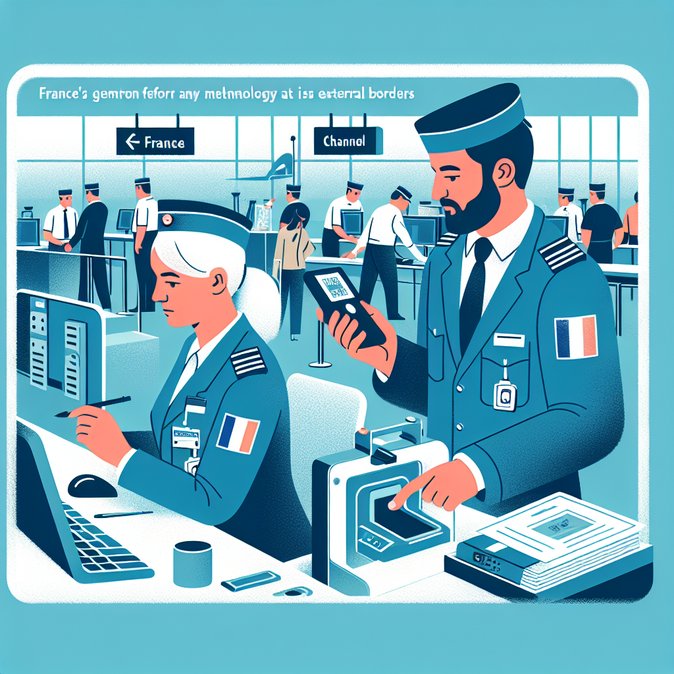
The Directorate-General of Customs and Indirect Taxes (DGDDI) closed online registrations for the 2026 customs-inspector competition at midnight on 7 November 2025. According to the DGDDI, 14 873 candidates applied—up 27 % on last year—reflecting renewed interest in border-control careers as the Schengen Entry/Exit System (EES) enters its operational phase. Written exams are scheduled for 19–20 January 2026, with successful recruits expected to join field units before the Paris 2027 tourist peak.
![Customs close inspector-exam applications as France gears up for tighter border regime]()
Customs says the intake will prioritise postings at Charles-de-Gaulle, Marseille-Provence, and the Channel Tunnel terminal, where passenger flows will be subject to facial-biometric capture from April 2026. Trainees will receive modules on data-protection rules and on detecting forged biometric passports, as well as refresher English courses to handle the rising share of non-EU travellers. The recruitment drive dovetails with the Interior Ministry’s plan to add 1 800 border-police and customs staff over 2025-27, partly financed by the 2026 Budget increase approved in committee earlier in the day.
For global-mobility planners the message is two-fold. First, France is investing in manpower as well as technology, which should smooth border formalities after the EES grace period ends. Second, temporary queues are likely during spring commissioning, so corporates should advise travellers to allow extra time at airports and Channel crossings between February and June 2026.

Customs says the intake will prioritise postings at Charles-de-Gaulle, Marseille-Provence, and the Channel Tunnel terminal, where passenger flows will be subject to facial-biometric capture from April 2026. Trainees will receive modules on data-protection rules and on detecting forged biometric passports, as well as refresher English courses to handle the rising share of non-EU travellers. The recruitment drive dovetails with the Interior Ministry’s plan to add 1 800 border-police and customs staff over 2025-27, partly financed by the 2026 Budget increase approved in committee earlier in the day.
For global-mobility planners the message is two-fold. First, France is investing in manpower as well as technology, which should smooth border formalities after the EES grace period ends. Second, temporary queues are likely during spring commissioning, so corporates should advise travellers to allow extra time at airports and Channel crossings between February and June 2026.


